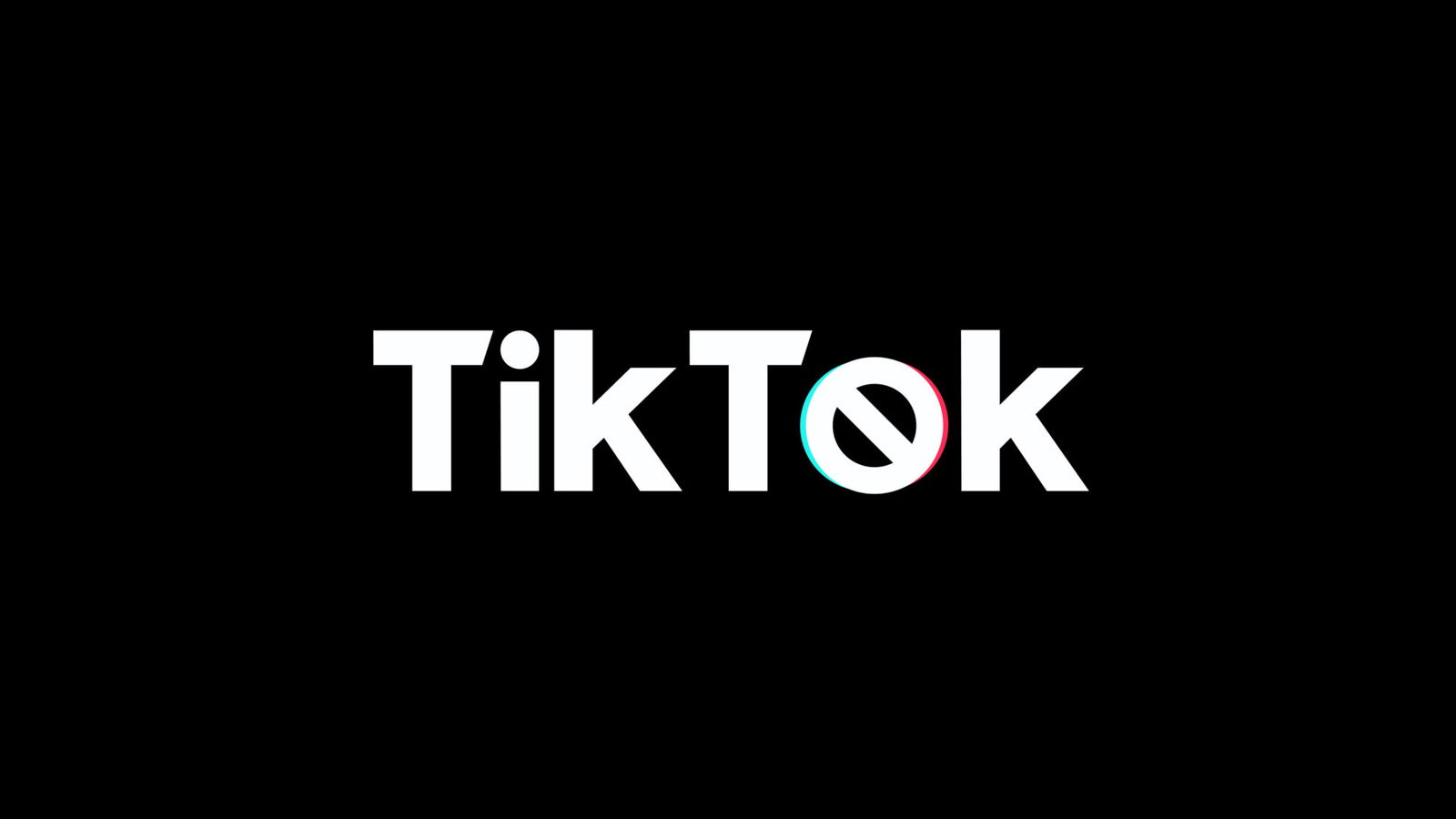
By Gavin Boyle
A new study revealed that over half of the top mental health advice videos on TikTok spread misinformation that is harmful to impressionable audiences.
“Content recommender systems used by platforms like TikTok have been found to amplify potentially harmful misinformation, like this misleading or false mental health advice,” said Chi Onwurah, a member of the British Parliament. “There’s clearly an urgent need to address shortcoming in the [Online Safety Act] to make sure it can protect the public’s online safety and their health.”
The misinformation in these posts often come from either an unproven solution to a mental health problem — like eating an orange in the shower helps reduce anxiety — or an inaccurate diagnosis of a mental health disease that can only be officially diagnosed by a mental health professional — like feeling tired means you are depressed.
Related: Doctors Warn Against TikTok Trend for ‘Herbal Abortions’
“TikTok is spreading misinformation by suggesting that there are secret universal tips and tricks that may actually make a viewer feel even worse, like a failure, when these tips don’t simply cure,” said psychologist Amber Johnson.
“This is providing misinformation to impressionable people and can also trivialize the experiences of people living with serious mental illness,” added former health minister Dan Poulter.
In response to this study, TikTok has touted its content moderation system and claims these videos do not spread misinformation. Rather they share views and opinions about mental health. Furthermore, the company claims its content is moderated by the World Health Organization (WHO) to ensure misinformation is not spread.
Do you take mental health advice from TikTok?
“We do not allow misinformation that may cause significant harm to individuals or society, regardless of intent,” TikTok says in its community guidelines. “We rely on independent fact-checking partners, guidance from public health authorities, and our database of previously fact-checked claims to help assess the accuracy of content.”
“There are clear limitations to the methodology of this study which opposes free expression and suggests that people should not be allowed to share their own stories,” a TikTok spokesperson added in a statement to PEOPLE. “At TikTok, we proactively work with health experts at the World Health Organization and others to promote reliable information on our platform and remove 98% of harmful misinformation before it’s reported to us.”
Nonetheless, parents should be aware of how mental health is discussed on the platform to ensure that their children are not following bad advice, either to soothe their own problems or to diagnose they have a disease they do not have.
Read Next: New Study Finds That Almost 20% Of TikToks Contain Misinformation
Questions or comments? Please write to us here.


 - Content:
- Content: 

